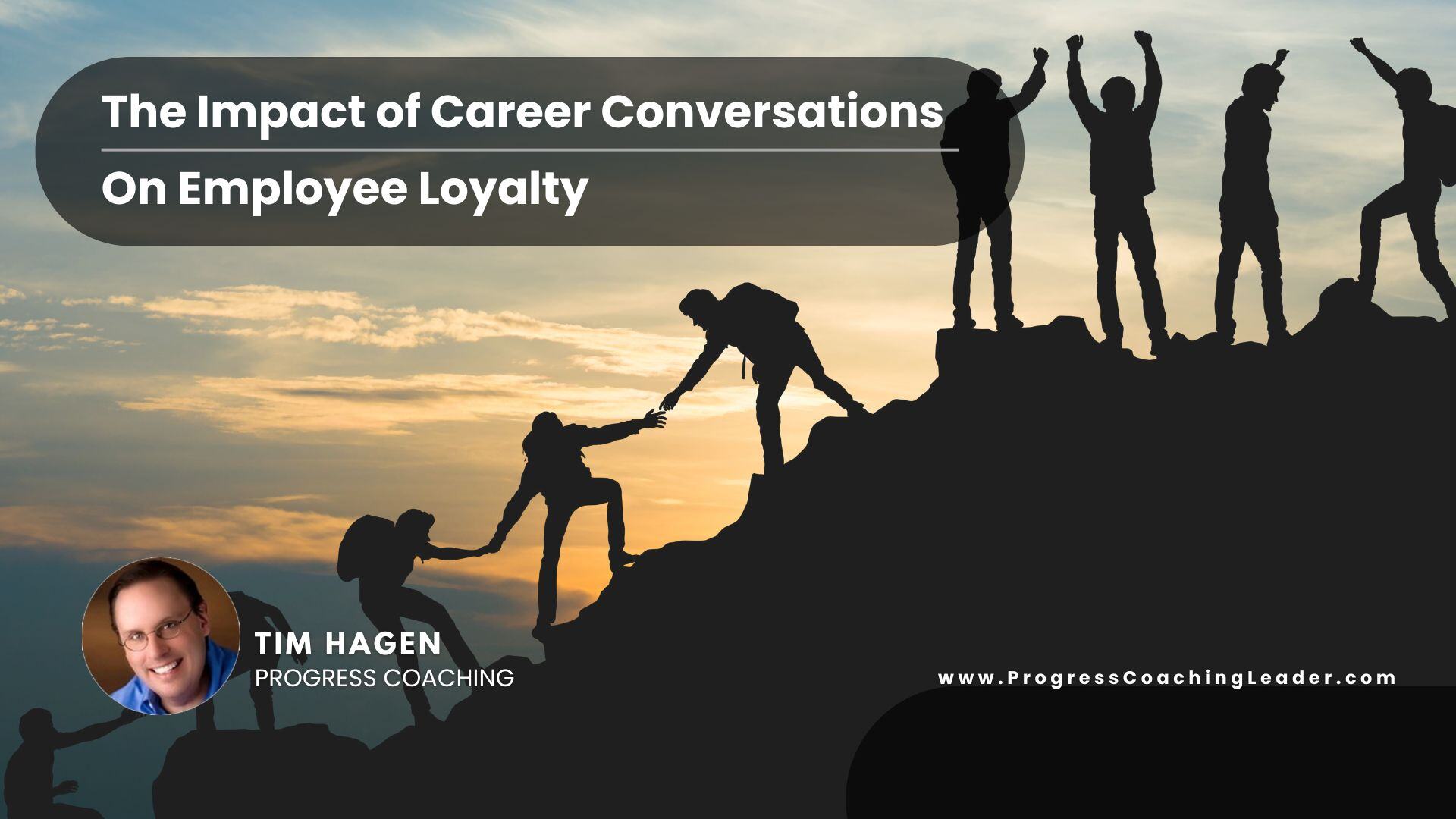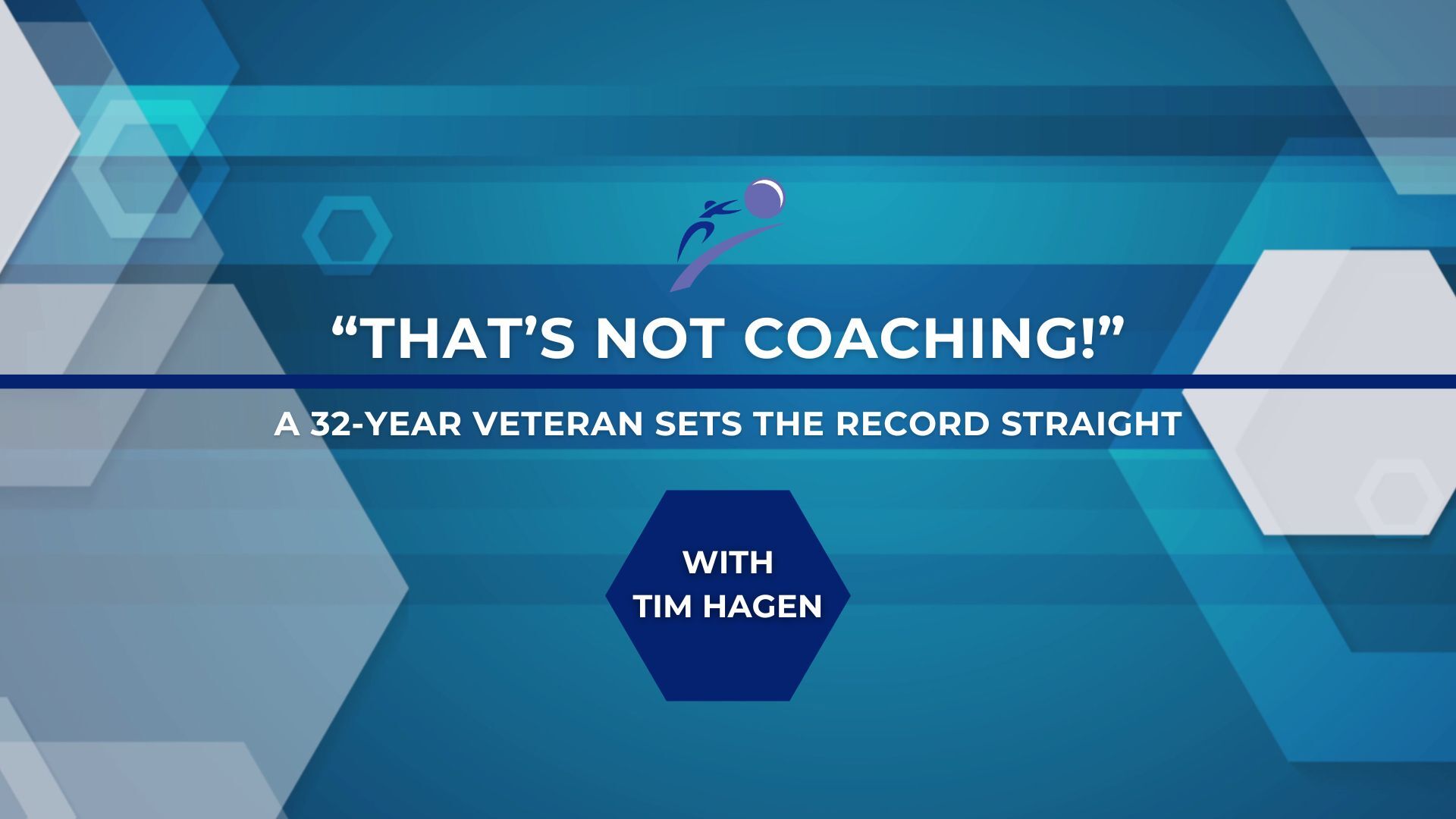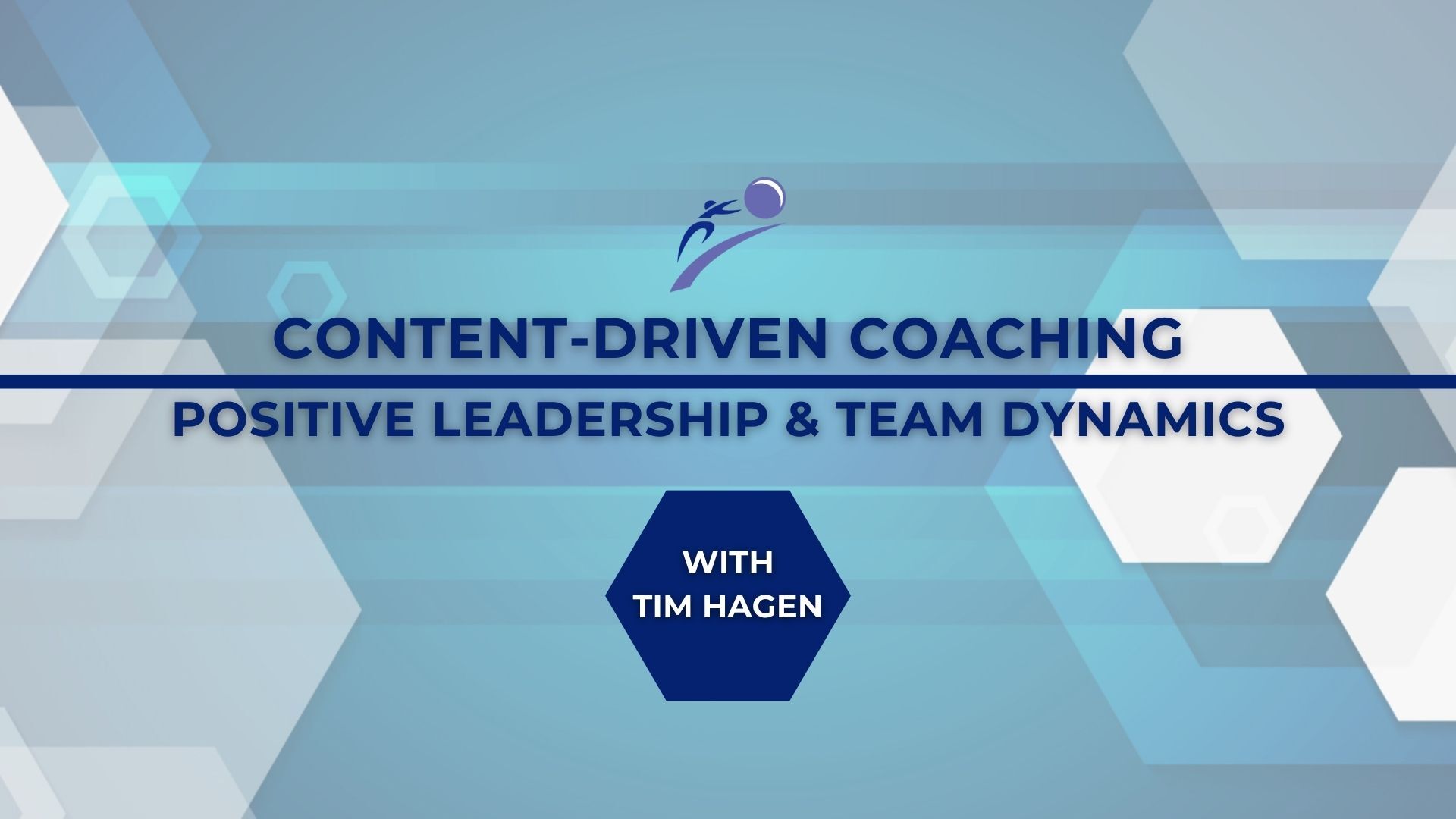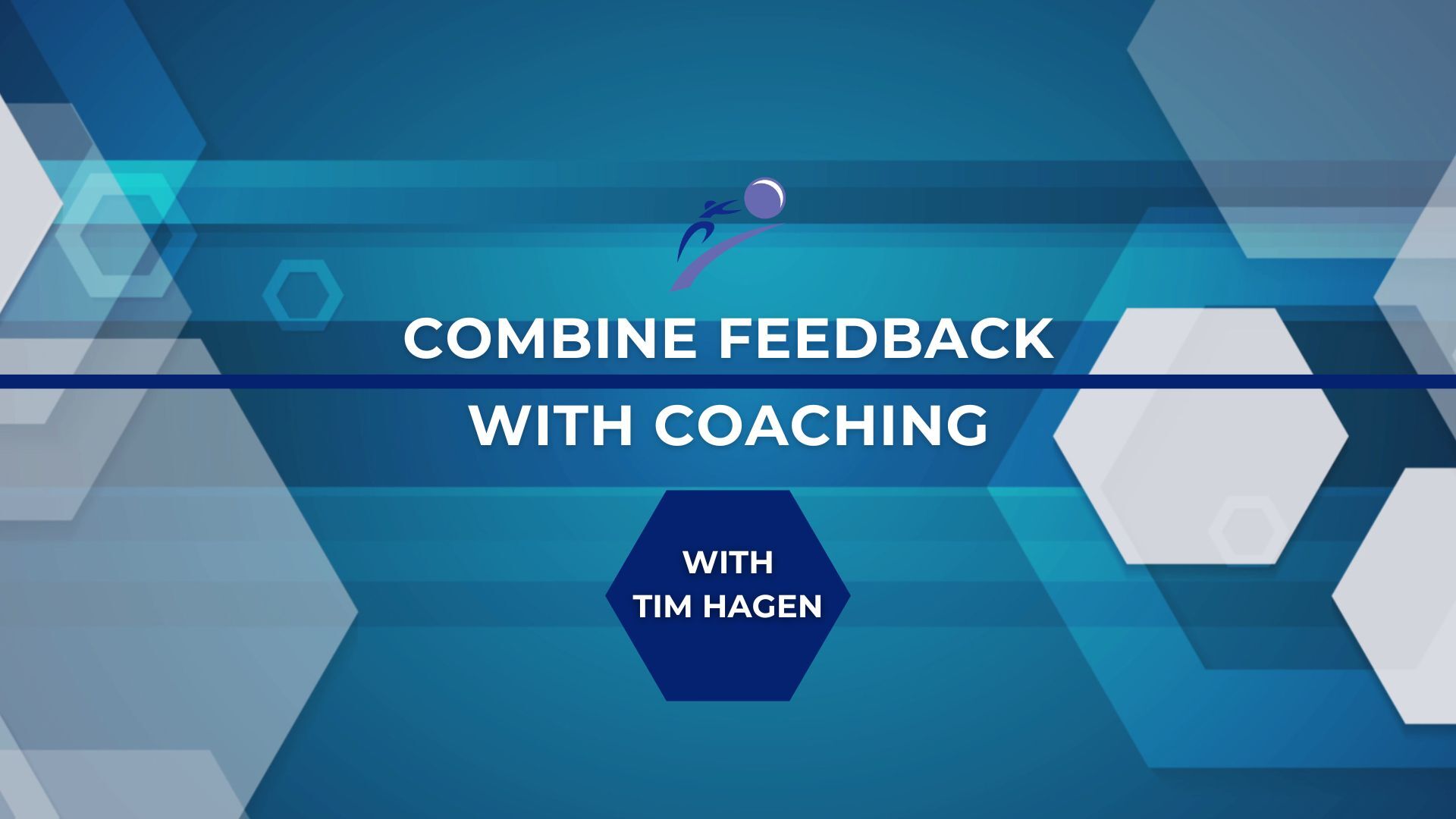The Impact of Career Conversations on Employee Loyalty
Ever faced the dilemma of accepting a promotion that just didn't feel right? Learn from a relatable story of a graphic designer whose career almost took a wrong turn due to a well-intentioned promotion. Career coaching plays a vital role and has a powerful impact on employee satisfaction and retention. With 42% of employees actively seeking new jobs because of the lack of career coaching (McKinsey study), leaders must prioritize these crucial conversations.
Read a compelling narrative about how an honest dialogue turned a potential resignation into a win-win scenario for both the employee and the employer. Understanding the difference between intrinsic and extrinsic motivations and recognizing personal preferences, such as the desire for independent work, can help leaders align employees' roles with their individual strengths. Discover how regular career conversations can prevent dissatisfaction and turnover, ultimately leading to a more engaged and loyal workforce.
There is tremendous value in having conversations around people's careers. I suggest leaders have these conversations with their employees around career goals and plans twice a year. One of my favorite stories is about a friend of mine who's a graphic designer. This story goes to the two levels of motivation: intrinsic, someone who's motivated by the job, and extrinsic, someone who's motivated by their present job as a catalyst or a stepping stone to the next step they see for themselves.
Career-based coaching is really critical. In McKinsey's research published in Q4 2022, they estimated that 42% of people were actively looking for jobs due to a lack of career coaching and conversations. So that begs the question: have the numbers gone up or down? (Continue the article below the video.)
They've actually gone up since then, so it is incumbent upon us, as leaders, to dive into people's careers.
Back to my friend's story. I remember her calling me really upset and saying she had to find a new job. Her manager had come to her and said they wanted to promote her to management in this small graphic design agency.
"But I don't want to be a manager," she said. She was really upset.
I said, "Wait a minute. This is a really nice thing your company is doing for you. Let's take a deep breath. Why do you think they want to promote you?"
"Well, I've been here a long time. I guess I know what I'm doing."
My friend is an introvert. When you think about a graphic designer, you don't think about someone as an introvert in that role. So I started asking her some questions.
"Do you like where you work?" She loves it.
"Do you like the clients you have?" She says she lives for them.
"Do you really want to walk away from that? What about sitting down with them and saying I don't know if I would be the right choice?"
Together, we crafted this conversation. She then goes and has a conversation with her leadership. They came back and told her they were so appreciative of her talking with them. They had no idea that's how she felt.
After that, they went to her friend and coworker, who was not half the graphic designer as my friend, yet she really wanted to pursue the path of leadership, and they gave her the management position. At that point, there was a change in their relationship that they had to work on because that was a big change. My friend told me how much she likes her creative time, to create materials for her clients, and more importantly, she likes to work alone. She admitted she wasn't a collaborative person and didn't excel in team environments.
A lot of times, departments and leaders have people who prefer to work on their own. For example, I personally like to work on my own. I work so much with clients. The thought of working with my own fellow staff members is not as appealing as working on my own, and they know that. I'm very transparent about it. That doesn't mean I don't like working with them, but if I had a choice, I'd work on my own.
Think about this just for a second. What if my friend begrudgingly took the promotion, hated it, and quit? First, upon hearing my friend's promotion, her coworker probably would have quit because she wanted to go into management. My friend then would have hated it so much she would have reassigned some of her clients to others because she would have gone into management. Two avenues would've been impacted in that situation, both negative, for the company.
By having these conversations, guess what happened? Both stayed. Both are still employed there today.
What that does is it gets us in a state where we can really understand what people want to do. My friend's management team are wonderful people. They wanted to promote her. It wasn't a bad thing. Yet they had never really sat down with her and asked what she wanted. She already had what she wanted, yet they were concerned about losing her, which is an incredible gesture and with the best intentions. But almost created dire circumstances. That's why we have to have career coaching conversations. If we don't put our voice in our people's ears, somebody else will, and it's typically called a recruiter.
LEARNING PROJECTS FOR CAREER DEVELOPMENT PLANNING:
These are projects people can do between coaching sessions that aid in thinking about their career and their own development.
-
Next week, come in and share 3 things you love about your current role and what strengths you have that make that so enjoyable and effective for you.
-
Next week, come in and share what paths you are interested in pursuing and where you see yourself ending up (your ideal job). Describe what strengths you currently have that make you a good fit for that, and what areas you have an opportunity to improve that the role requires.
-
Research and find the certifications or trainings you feel would be beneficial to helping you address the areas you have an opportunity to improve. Include these in a self-development plan that focuses on what you need to accomplish for your target role. The self-development plan should include a loose timeline.
-
Identify individuals who are currently in the role and who you can research their path to reaching that role and the skills/certifications they have.
Being approachable and coachable-- this is the real secret sauce to what's missing in workplace cultures and is needed most.
Watch the FREE Webinar with Tim Hagen today: Become Approachable & Coachable: The Secret Sauce to Workplace Success
Learn how to help coach individuals to become approachable and coachable. Teach them how to EAT feedback (Embrace, Ask, & Tell) to help them pursue their own development in positive and effective ways. Learn the top 10 tips for approachability and how to implement them in your coaching sphere.





